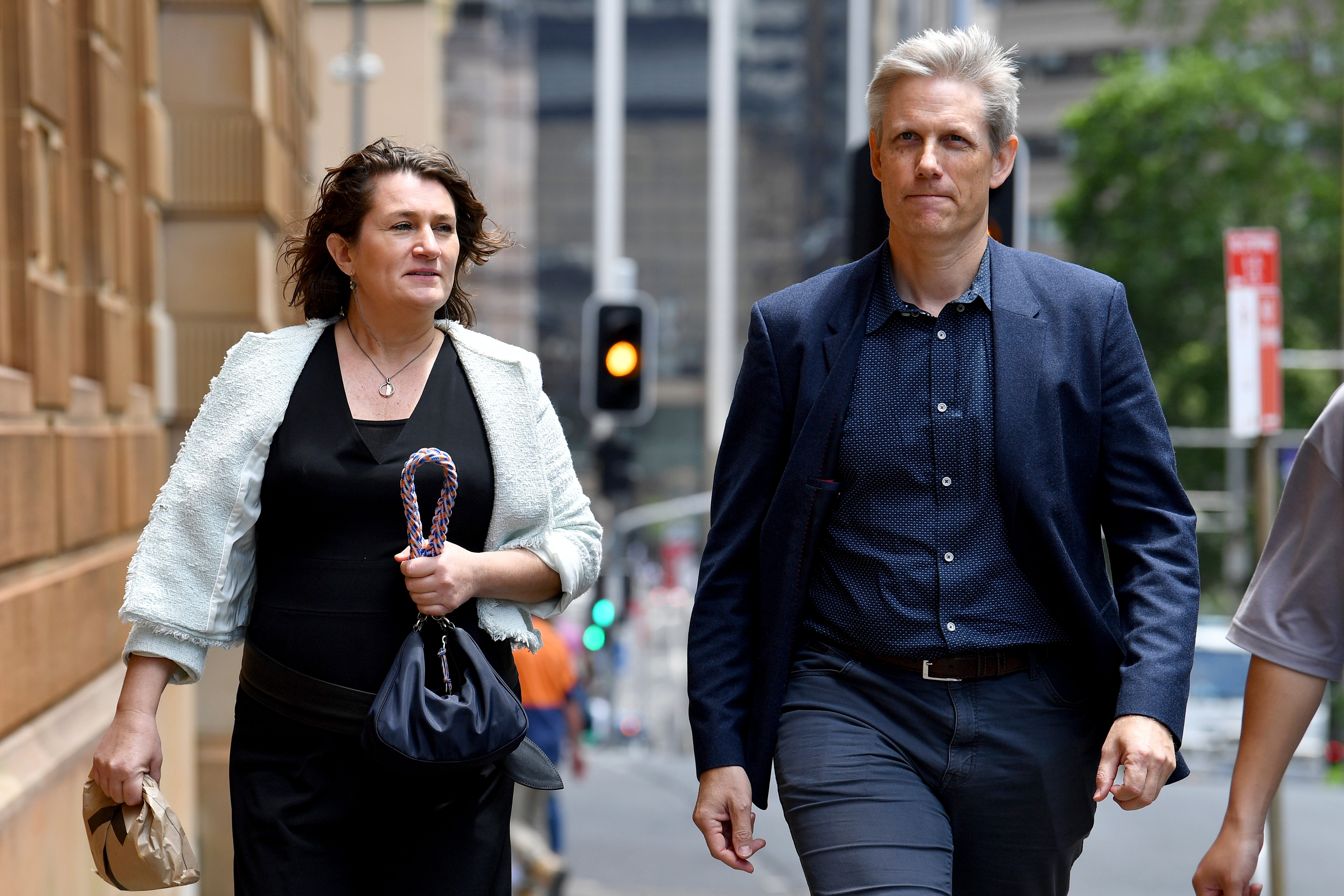Experts blame genetic mutation for Australian girls' deaths
Two genetic experts have told an inquiry in Sydney that a rare genetic mutation probably caused the deaths of two daughters of an Australian woman who was convicted of killing them

Two genetic experts told an inquiry in Sydney on Tuesday that a rare genetic mutation probably caused the deaths of two daughters of an Australian woman who was convicted of killing them.
The inquiry is examining new scientific evidence that Kathleen Folbigg’s four young children may have died of natural causes between 1989 and 1999.
Folbigg, now 55, was found guilty in 2003 of three charges of murder and one of manslaughter. But growing numbers of scientists are convinced that recent genetic breakthroughs have created reasonable doubt of her guilt.
Mette Nyegaard and Michael Toft Overgaard, both researchers at Denmark’s Aalborg University, are among the authors of a scientific article published last year about a genetic variant carried by Folbigg and both her daughters, Sarah and Laura.
The variant, CALM2-G114R, which was discovered nine years after Folbigg’s convictions, can cause heart arrhythmias and sudden death in young children.
“We think it is likely this mutation could have caused the deaths,” Overgaard told the inquiry.
Nyegaard agreed, saying, “It Iooks like a bad variant.”
But Folbigg’s two sons, Patrick and Caleb, did not carry the mutation and also died.
Caleb was born in 1989 and died 19 days later in what a jury determined to be the lesser crime of manslaughter. Her second child, Patrick, was 8 months old when he died in 1991. Two years later, Sarah died at 10 months. In 1999, Folbigg’s fourth child, Laura, died at 19 months.
The inquiry, led by retired New South Wales state Supreme Court Chief Justice Tom Bathurst, began on Monday and is the second judicial investigation into Folbigg’s convictions.
The first inquiry by retired District Court Chief Justice Reginald Blanch concluded in 2019 that there was no reasonable doubt that Folbigg was guilty of killing her children. But that finding came before the new research into the daughters’ genetic mutations.
The next hearing in the investigation is to be held next year.
Folbigg is serving a 30-year prison sentence which will expire in 2033. She will become eligible for parole in 2028.
Bookmark popover
Removed from bookmarks